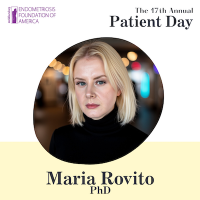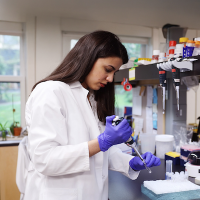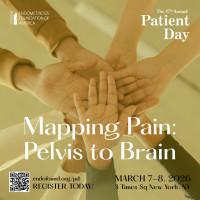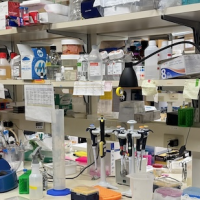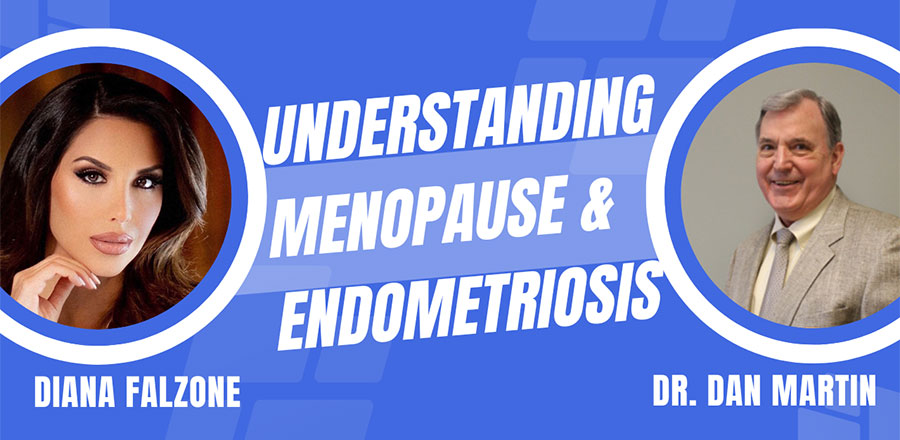
Menopause is a natural phase in a woman's life, signifying the end of her reproductive years. While it's a universal experience, the journey through menopause can be unique for each woman, especially if they have underlying conditions like endometriosis. In our recent episode of Ask the Doctors with Dr. Dan Martin, Scientific and Medical Director of the Endometriosis Foundation of America (EndoFound), and also a renowned endometriosis specialist with a profound understanding of women's health, we explored the intricacies of menopause and how it intersects with endometriosis.
Understanding Menopause and Perimenopause
Menopause, typically occurring around age 51 or 52, is medically defined as 6 to 12 consecutive months without a menstrual period. However, the transition leading up to menopause, known as perimenopause, can start as early as a woman's 40s. During perimenopause, hormonal fluctuations can cause various symptoms, including hot flashes, night sweats, mood swings, and vaginal dryness.
Dr. Martin emphasized that these symptoms can vary significantly among women, with some experiencing them intensely while others hardly notice the change. For women with endometriosis, the journey can be even more complex.
Endometriosis and Menopause: A Delicate Balance
Endometriosis, a condition where tissue similar to the lining of the uterus grows outside the uterus, can complicate the menopausal experience. Dr. Martin explained that women with endometriosis can indeed find relief from endometriosis-related pain during menopause, as estrogen levels naturally decline, reducing the activity of endometrial tissue.
However, the approach to hormone replacement therapy (HRT) for these women requires careful consideration. HRT, which can alleviate menopausal symptoms, must be administered cautiously to avoid reactivating endometriosis.
Empowering Women through Knowledge
One key takeaway from the discussion with Dr. Martin is the importance of informed decision-making. Women need to work closely with their healthcare providers to tailor a management plan that addresses their specific needs and concerns.
Additionally, raising awareness about endometriosis and menopause is essential. Society's perception of these conditions has evolved over the years, with increased awareness leading to more open conversations and better support for those affected.
The journey through menopause can be challenging, especially for women with endometriosis. However, understanding the nuances of these conditions and seeking the guidance of knowledgeable healthcare professionals can significantly improve the experience. Through education and awareness, we can empower women to navigate this phase of life with confidence and grace.






